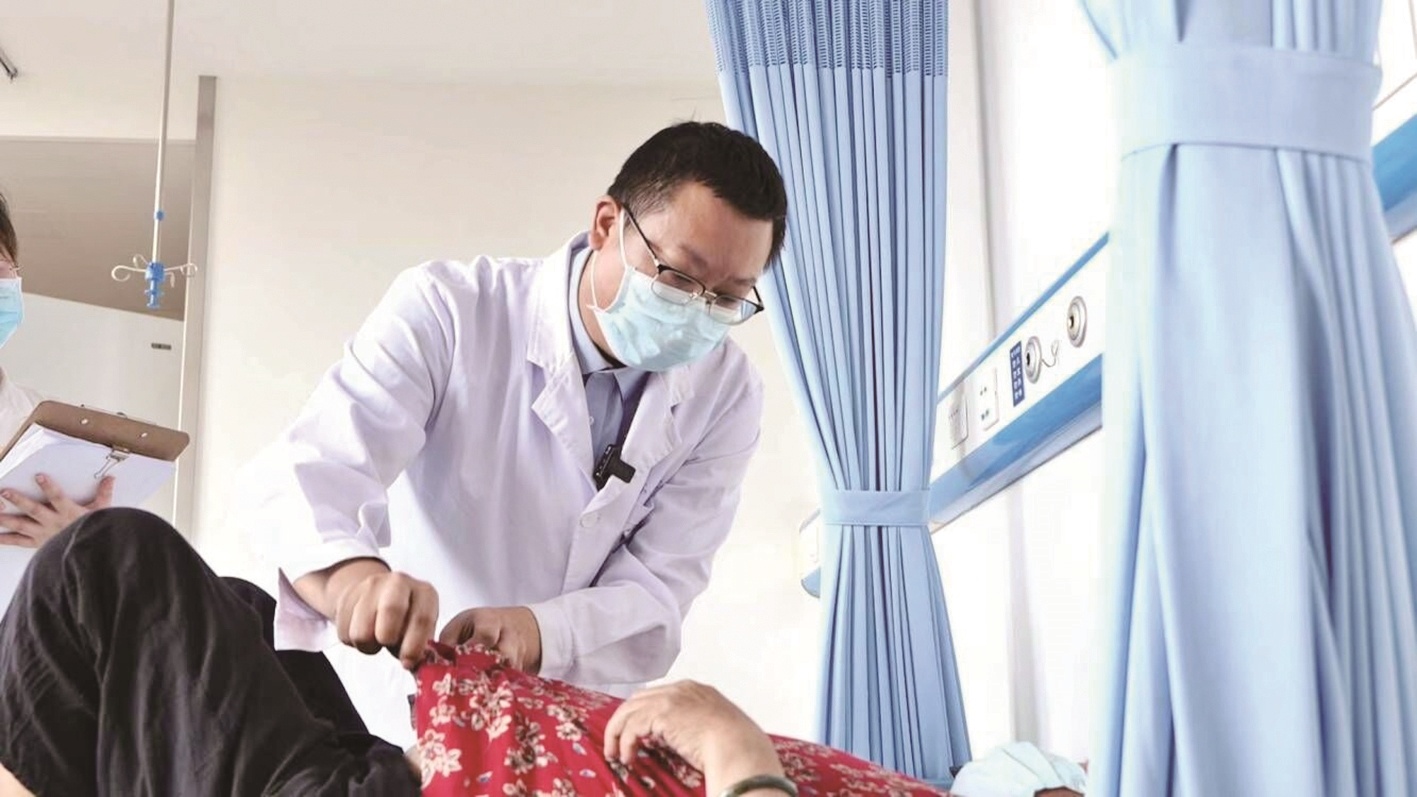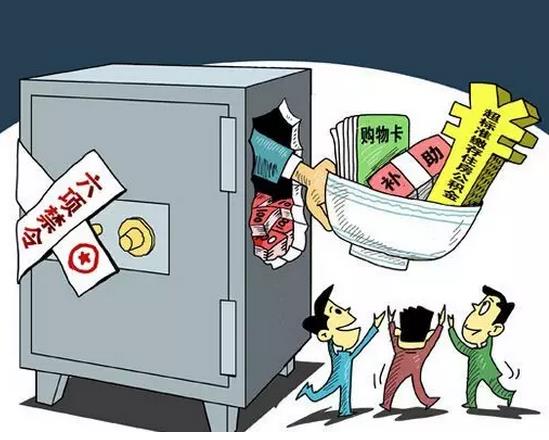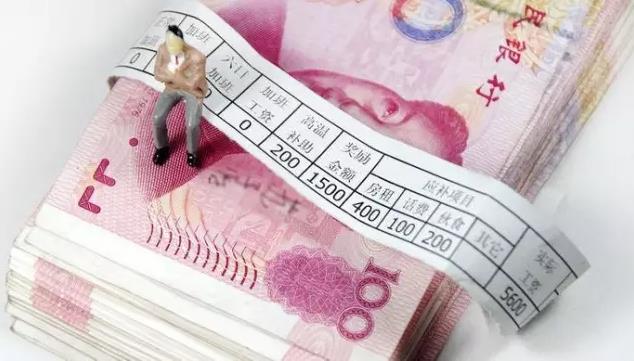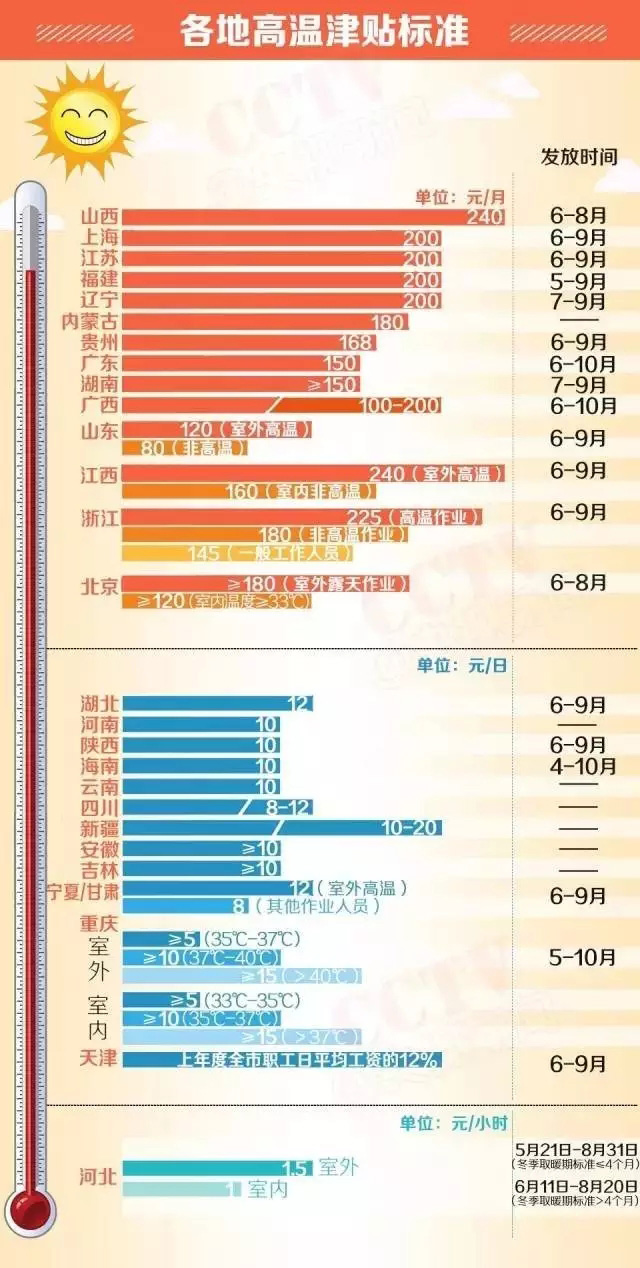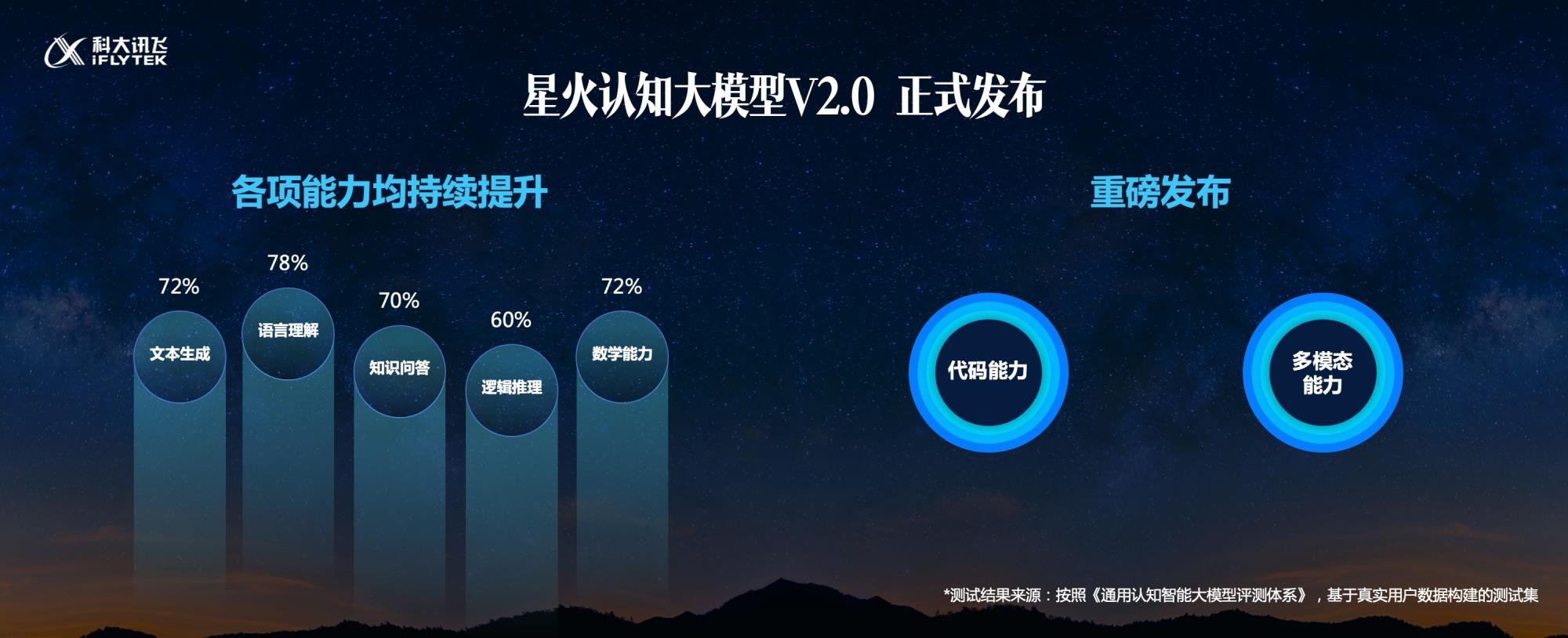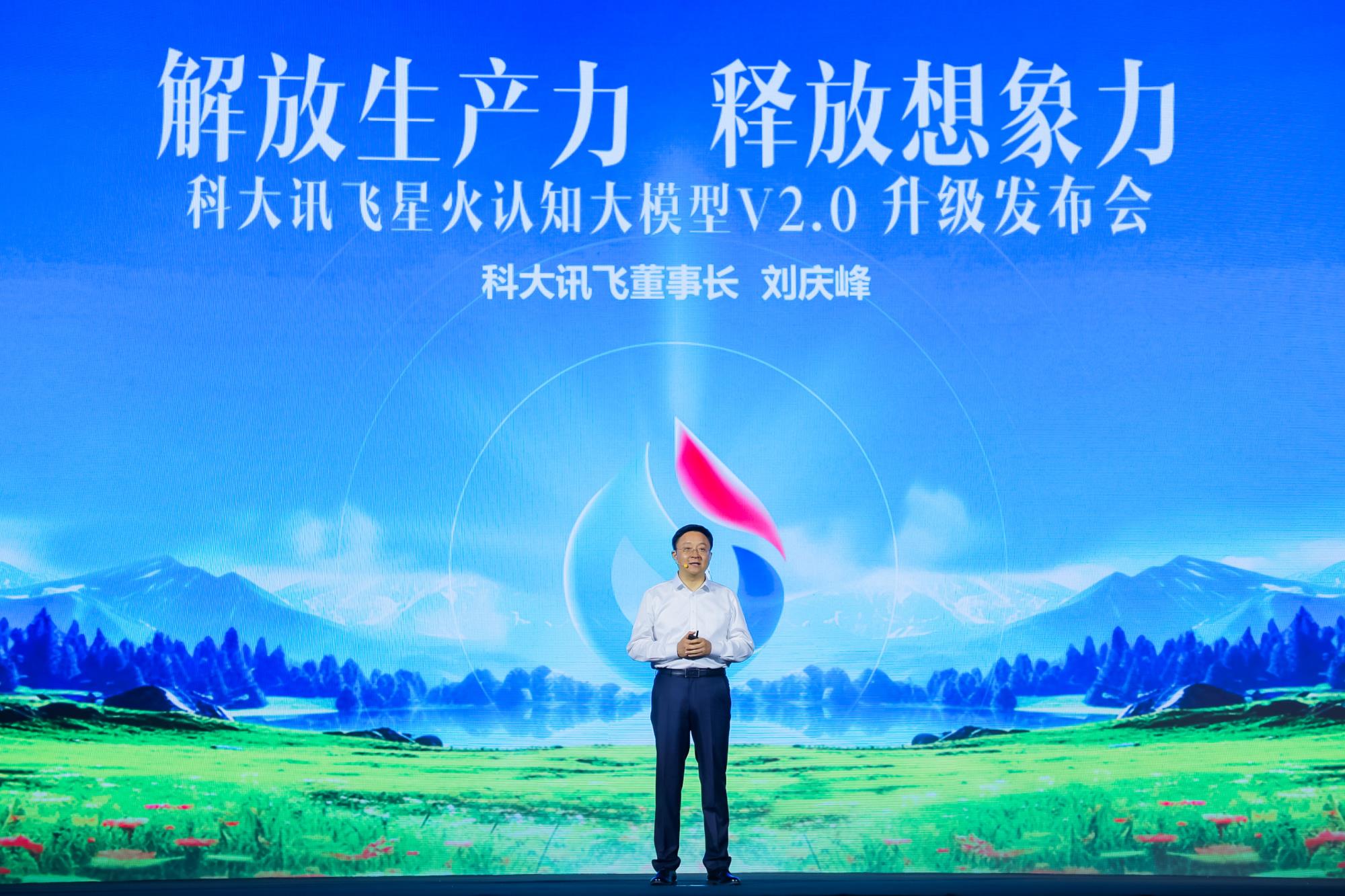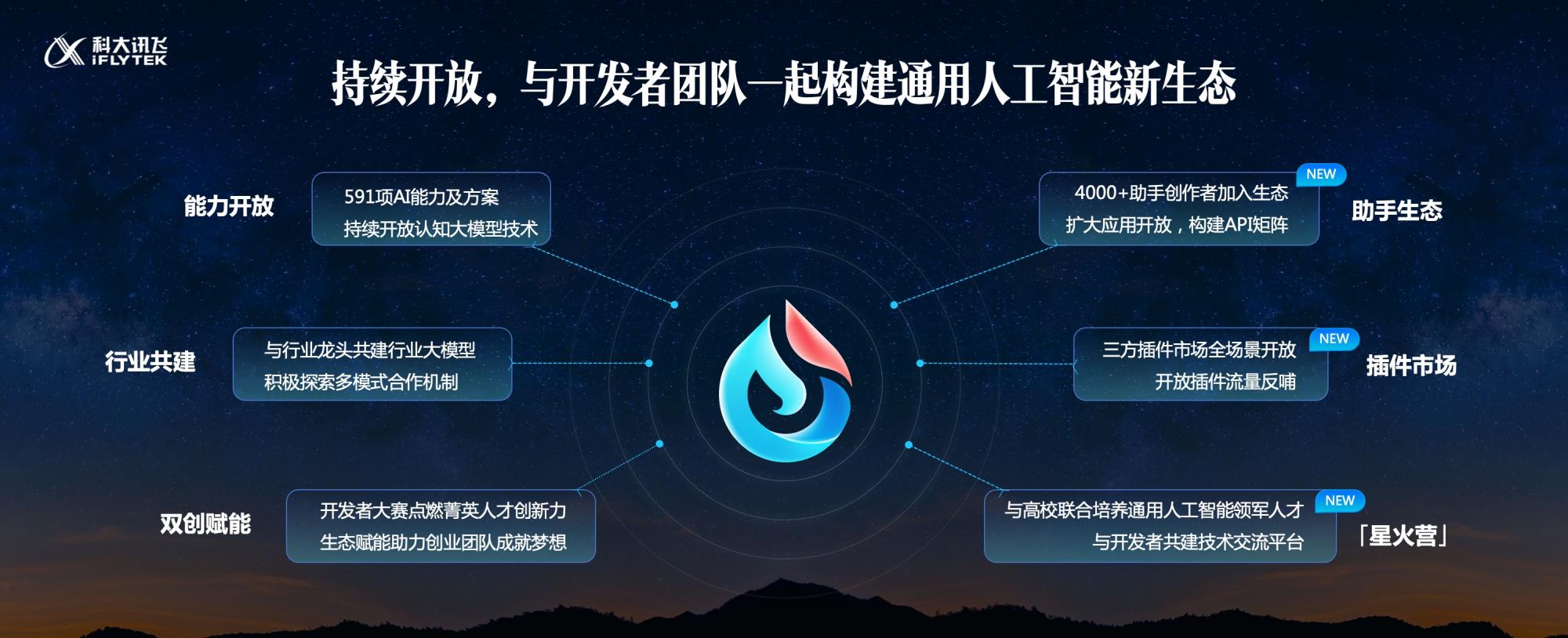Measures for the administration of rural water supply in Yunnan Province
DecreeNo. 220th of the People’s Government of Yunnan Province "Measures for the Administration of Rural Water Supply in Yunnan Province" has been adopted at the 100th executive meeting of the 13th Provincial People’s Government on February 8, 2021, and is hereby promulgated and shall come into force as of May 1, 2021.
Provincial Governor Wang Yubo
February 27, 2021
Measures for the administration of rural water supply in Yunnan Province
Chapter I General Principles
the first In order to strengthen the management of rural water supply and ensure the safety of rural drinking water, these measures are formulated in accordance with the People’s Republic of China (PRC) Water Law, the Regulations on the Management of Water Conservancy Projects in Yunnan Province and other laws and regulations, combined with the actual situation of this province.
the second These Measures shall apply to rural water supply planning, engineering construction management and protection, water source protection and water quality guarantee, water supply and water use and related supervision and management activities within the administrative region of this province.
The term "rural water supply" as mentioned in these Measures refers to the activities of supplying domestic water to rural residents and units by using rural water supply projects outside the coverage of urban water supply network. Rural water supply projects include centralized water supply projects and decentralized water supply projects.
Article Rural water supply adheres to the principles of government leadership, social participation, unified planning, strict economy, safety and hygiene, and promotes public service, large-scale development, standardization construction, market-oriented operation and professional management.
Article 4 The people’s governments at or above the county level shall strengthen the leadership of rural water supply, implement the responsibility system of the chief executive for rural drinking water safety, incorporate rural water supply into the local national economic and social development plan, increase investment, and improve rural drinking water conditions.
Article 5 The water administrative department of the people’s governments at or above the county level shall be responsible for the supervision and management of rural water supply within their respective administrative areas.
The departments of development and reform, finance, natural resources, ecological environment, agriculture and rural areas, housing and urban construction, sanitation and health, forestry and grass of the people’s governments at or above the county level shall be responsible for the work related to rural water supply in accordance with the division of responsibilities.
Township (town) people’s governments and sub-district offices shall be responsible for the relevant work of rural water supply management within their respective administrative areas in accordance with regulations.
Article 6 People’s governments at all levels and their relevant departments should strengthen the propaganda work of water source protection and water conservation, and improve the awareness of drinking water safety of rural residents.
Article 7 All units and individuals have the obligation to protect rural water supply sources and water supply projects, and have the right to stop and report illegal acts that pollute water quality and destroy rural water supply projects.
Chapter II Planning and Construction
Article 8 The water administrative department of the people’s government at or above the county level shall, jointly with the departments of development and reform, finance, natural resources, ecological environment, agriculture and rural areas, housing and urban construction, sanitation and health, forestry and grass, prepare rural water supply plans, organize their implementation after approval by the people’s government at the same level, and report them to the water administrative department of the people’s government at the next higher level for the record.
Rural water supply planning should be linked with land spatial planning, urban water supply planning, village planning and other relevant planning. In accordance with the principle of overall planning, focusing on key points and adapting to local conditions, centralized water supply should be given priority to and decentralized water supply should be supplemented to improve rural water supply system, strengthen water source protection and water quality guarantee, and promote the integrated development of urban and rural water supply.
When the approved rural water supply planning needs to be adjusted, it shall be approved by the original approval authority in accordance with the procedures for the preparation of rural water supply planning and reported to the original filing authority for the record.
Article 9 New construction, renovation and expansion of rural water supply projects shall conform to the rural water supply planning, and the project declaration and approval procedures shall be handled in accordance with the relevant provisions of the state and the province.
Article 10 Rural water supply project is a public welfare infrastructure. The construction of rural water supply projects is mainly based on government investment, and social investment, donations and labor are encouraged to build rural water supply projects.
Article 11 The survey, design, construction and supervision of centralized water supply projects shall be undertaken by units with corresponding qualifications and conform to relevant national and provincial technical standards and norms.
Pipes and equipment used in rural water supply projects shall meet the requirements of relevant national standards on product quality, health and safety, environmental protection and energy conservation.
Article 12 The construction land of rural water supply project is used as the land for public welfare infrastructure, and the people’s governments at or above the county level shall give priority to ensuring the supply of land and go through the relevant formalities in accordance with the provisions.
Article 13 After the completion of the rural water supply project, it shall be accepted in accordance with the relevant provisions of the state and the province, and shall not be put into use without acceptance or unqualified acceptance.
Chapter III Management and Maintenance
Article 14 The rural water supply project shall determine the property right according to the principle of who invests and who owns it or according to the wishes of the investor.
The people’s governments at or above the county level or their authorized administrative departments shall, in accordance with the law, register the ownership and use right of rural water supply projects and issue ownership certificates.
Article 15 Under the premise of not changing the basic purpose of the project, the centralized water supply project can be separated from the management right, and the owner can determine the water supply unit through contracting, leasing and entrusted management according to law, and be responsible for the project management and maintenance.
Encourage the formation of regional and specialized water supply units, and implement unified management and maintenance of rural water supply projects.
Article 16 The transfer of the right to operate rural water supply projects whose property rights are owned by the state shall conform to the relevant provisions of the supervision and administration of state-owned assets.
The income from the government investment in rural water supply projects shall be earmarked for the construction and management of rural water supply projects.
Article 17 The people’s governments at or above the county level and their relevant departments shall, in accordance with the provisions, give preferential treatment to the operation of rural water supply projects in terms of electricity consumption and taxation.
Article 18 The water administrative department of the people’s government at or above the county level shall, jointly with relevant departments, organize the delineation of the management scope and protection scope of rural water supply projects, which shall be announced after approval by the people’s government at the corresponding level.
The management scope and protection scope of the approved rural water supply project shall be marked with boundary markers and bulletin boards by the owners or water supply units of the rural water supply project.
Article 19 Within 30 meters of the purification and disinfection facilities, pumping stations and reservoirs of centralized water supply projects, it is forbidden to pile up garbage and other pollutants, and it is forbidden to build seepage toilets, seepage pits, sewage channels and other living and production facilities that affect water quality.
Article 20 Engaged in engineering construction or other activities, which may affect the safety of rural water supply projects, the construction unit shall negotiate with the water supply unit and take safety protection measures according to the requirements of the water supply unit. If the water supply project is damaged, the water supply unit shall organize the emergency repair, and the expenses required shall be borne by the responsible person; If losses are caused, the responsible person shall be liable for compensation according to law.
Chapter IV Water Sources and Water Quality
Article 21 The people’s governments at or above the county level shall reasonably arrange and distribute rural water supply sources, and allocate water supply sources according to the principle of unified dispatching and development of surface water and groundwater and priority of surface water.
Article 22 People’s governments at the county level shall set up clear geographical landmarks and obvious warning signs at the boundary of drinking water source protection areas to strengthen the protection of rural water supply sources.
Article 23 People’s governments at or above the county level shall organize ecological and environmental departments to investigate and evaluate the environmental conditions and pollution risks of drinking water source protection areas, recharge areas of groundwater drinking water sources and surrounding areas of water supply units, screen possible pollution risk factors, and take corresponding risk prevention measures.
The people’s governments at or above the county level shall organize relevant departments of ecological environment, water administration, health and other departments to monitor and evaluate the drinking water safety status of rural water supply sources, water supply units and tap water quality of water users within their respective administrative areas, and take timely measures if any abnormality is found.
Article 24 The ecological environment, water administration, health and other departments of the people’s governments at or above the county level shall strengthen cooperation, establish an information sharing mechanism, share information about rural water supply projects and water quality monitoring, and jointly do a good job in rural water supply source protection and water quality monitoring in accordance with the division of responsibilities.
The water quality testing institutions affiliated to the health and water administrative departments of the people’s governments at or above the county level shall bear the expenses for carrying out water quality testing according to the plan, and shall not charge water supply units.
Article 25 Water supply units shall set up water purification and disinfection facilities, use water supply safety products and disinfection products that meet the national standards, establish and improve the water quality testing system, and ensure that the water quality meets the national drinking water hygiene standards.
Water supply units should do a good job in water quality testing of water intakes and outlets. If it is found that the water quality of the water intake does not meet the drinking water source quality standard or the water quality of the water outlet does not meet the drinking water hygiene standard, it shall take corresponding measures in time and report to the water administrative department of the local people’s government at the city or county level.
Water supply units that do not have the ability to detect water quality shall entrust institutions with corresponding qualifications to conduct regular testing.
Chapter V Water Supply and Water Use
Article 26 The centralized water supply project implements the paid use system for water supply. The water supply of decentralized water supply project shall be determined separately according to the actual situation and the principle of one thing and one discussion.
Article 27 The water price of domestic water in rural areas shall be reasonably determined according to the principle of cost compensation and fair burden, and shall be reasonably adjusted according to factors such as water supply cost, cost change and water users’ affordability. Where conditions permit, a two-part water price system can be gradually implemented, which collects water charges according to the basic water quantity and the practical water quantity exceeding the basic water quantity.
Article 28 The people’s governments at the county level shall increase the investment in the maintenance of rural water supply projects and subsidize rural water supply projects with water prices lower than the operating costs.
Article 29 If centralized water supply project really needs to stop water supply due to construction or equipment maintenance, the water supply unit shall notify the water users 24 hours before stopping water supply. If it is estimated that the normal water supply cannot be restored for more than 48 consecutive hours, the water supply unit shall take emergency water supply measures to ensure the domestic water demand of water users. If the water supply is interrupted due to natural disasters or emergencies, the water supply unit shall immediately take disposal measures and notify the water users.
Article 30 Water supply units shall comply with the following provisions:
(a) regular maintenance and maintenance of water supply facilities to ensure the safety and stability of water supply;
(two) to take measures to ensure that the water supply quantity, quality and water pressure meet the national standards;
(3) Metering and collecting water charges according to the approved or agreed price;
(four) the establishment of water supply accident emergency telephone, and announced to the public, accept the supervision of water users.
Article 31 Water users shall perform the following obligations:
(a) to pay water charges in accordance with the provisions, and shall not be in arrears or refuse to pay;
(two) shall not misappropriate water supply or change the nature of water use without authorization;
(three) shall not be removed or damaged without authorization, such as water meters and other metering equipment.
Article 32 City and county people’s governments shall organize the preparation of emergency plans for rural water supply emergencies.
The water supply unit shall, according to the local rural water supply emergency plan, formulate the corresponding emergency plan, report it to the local city and county people’s government for the record, and conduct regular drills.
Article 33 Water pollution accidents occur in rural water supply sources, or other unexpected events that may affect the safety of drinking water occur. Water supply units shall take emergency measures, report to the local people’s governments at the city and county levels, and make them public. The relevant people’s government shall, according to the situation, start the emergency plan in time and take effective measures to ensure the safety of water supply.
Chapter VI Legal Liability
Article 34 Staff of people’s governments at all levels and relevant departments who neglect their duties, abuse their powers or engage in malpractices for selfish ends in rural water supply work shall be punished according to law; If a crime is constituted, criminal responsibility shall be investigated according to law.
Article 35 In violation of the provisions of article nineteenth of these measures, the water administrative department of the people’s government at or above the county level shall order it to stop the illegal act and make corrections within a time limit; If no correction is made within the time limit, a fine of 5000 yuan or more and 20 thousand yuan or less shall be imposed.
Article 36 Violation of the provisions of these measures, these measures have not been punished, shall be punished in accordance with the provisions of relevant laws and regulations.
Chapter VII Supplementary Provisions
Article 37 The meanings of the following terms in these Measures:
(1) Centralized water supply project refers to a water supply project that takes water from a water source in a centralized way, and after necessary purification and disinfection, it is uniformly transported to water users or centralized water supply points through a water distribution network;
(2) Decentralized water supply projects refer to water supply projects in which scattered households use simple facilities or tools to directly take water from water sources.
Article 38 These Measures shall come into force as of May 1, 2021.
